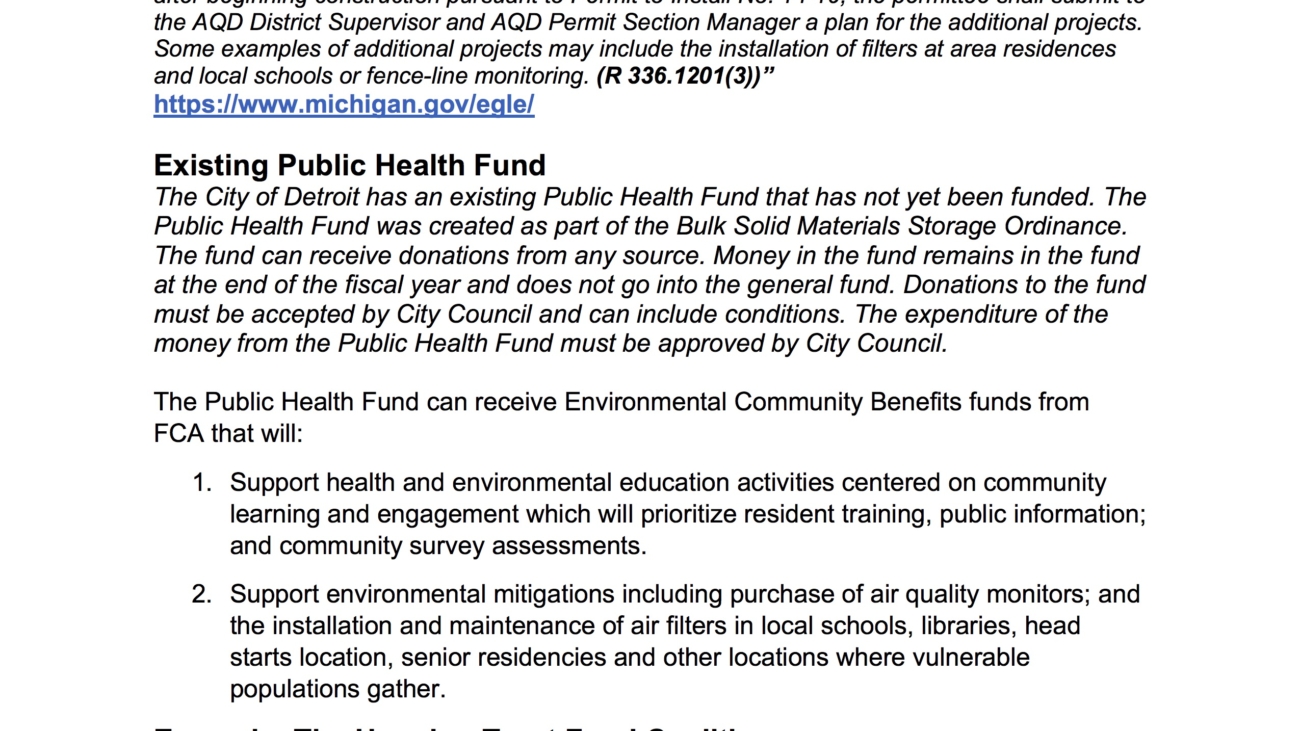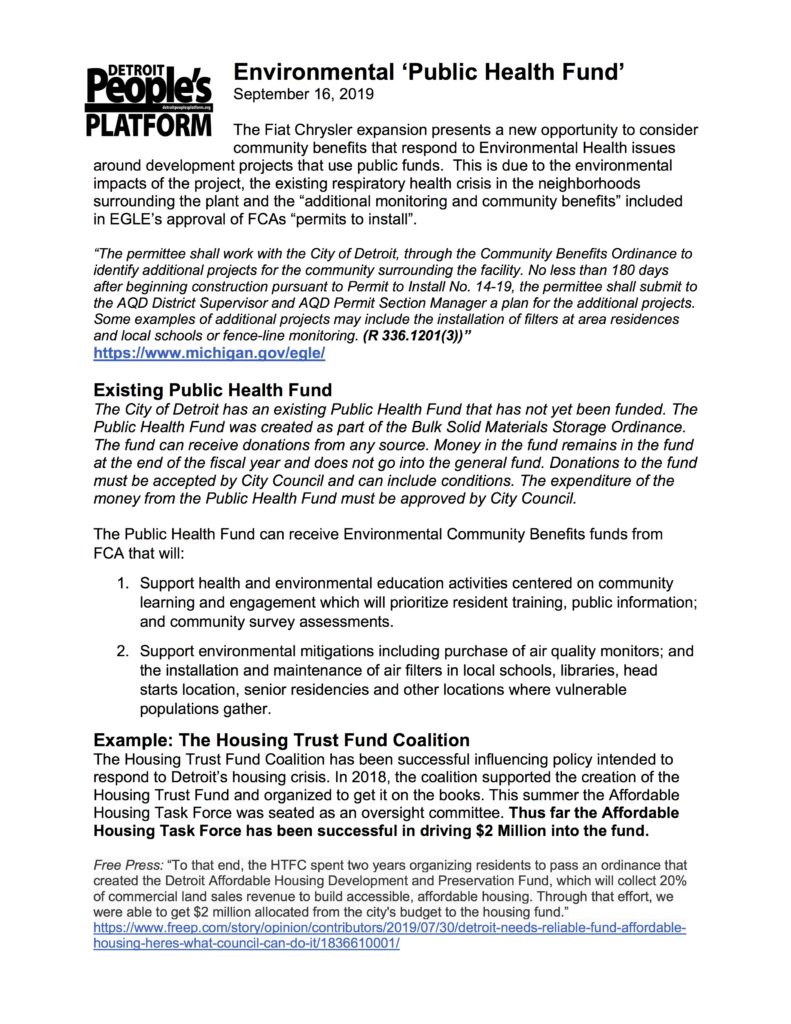Read the full article: https://www.crainsdetroit.com/detroit-homecoming/duggan-we-gotta-clear-more-land-new-factories
Speaking at the opening night of Detroit Homecoming, Duggan touted the city’s success in assembling more than 200 acres for Fiat Chrysler Automobiles to get the automaker to invest $2.5 billion in two auto plants that will bring nearly 5,000 new jobs to the east side.
The fast-tracked project has spurred interest from FCA suppliers to locate in Detroit. Dakkota Integrated Systems plans to build a 600,000-square-foot parts plant that will employ another 625 workers on the former Kettering High School property along Van Dyke Avenue in a deal that was orchestrated by the Duggan administration and the Detroit Economic Growth Corp.
“We know that if we can deliver quickly, cut through the bureaucracy, get the permits done quickly that we’ve got the workforce here that wants to work hard and be trained — and we think that’s the formula,” Duggan said. “And now I just have to assemble some more land.”
“We gotta clear it,” the mayor added in an on-stage conversation with KC Crain, publisher of Crain’s Detroit Business, which produces the annual Detroit Homecoming gathering of former metro Detroiters.
The mayor’s office emphasized the land assemblage for new manufacturing developments will come from land already zoned commercial and industrial, not residential neighborhoods.
At Detroit Homecoming VI’s opening dinner at the historic State Savings Bank on Fort Street, Duggan was joined on stage with FCA North America’s chief operating officer Mark Stewart to discuss the city and Auburn Hills automaker’s deal this spring to plant the first new vehicle assembly plant in Detroit since Chrysler’s Jefferson North Assembly Plant opened in 1992.
Back in February, the automaker gave Detroit 60 days to assemble the land it needed to convert its Mack Avenue engine plants into an assembly plant for Jeep Grand Cherokees and a new three-row Jeep SUV expected to roll off the new assembly line in the fourth quarter of 2020.
“It was about the best 60 days we ever invested in,” Stewart said.
FCA’s is adding on a 800,000-square-foot addition to its two Mack Avenue engine plants as part of the $1.6 billion investment in converting the facility into a new Jeep SUV assembly plant, Stewart said.
Construction companies working for FCA have moved quickly this summer to build the steel structure of the addition and siding began going up on the plant Wednesday, Stewart said.
Duggan and Stewart talked about FCA’s pledge to give Detroiters a one-month head start to apply and interview for jobs at the expanded Mack Avenue plant and modernized Jefferson North Assembly Plant.
“I basically said, ‘You can pretty much write all of the sections the way you want, but I’m going to write one section — and that’s the preference for hiring Detroiters,'” Duggan said.
Read the full article: https://www.crainsdetroit.com/detroit-homecoming/duggan-we-gotta-clear-more-land-new-factories



